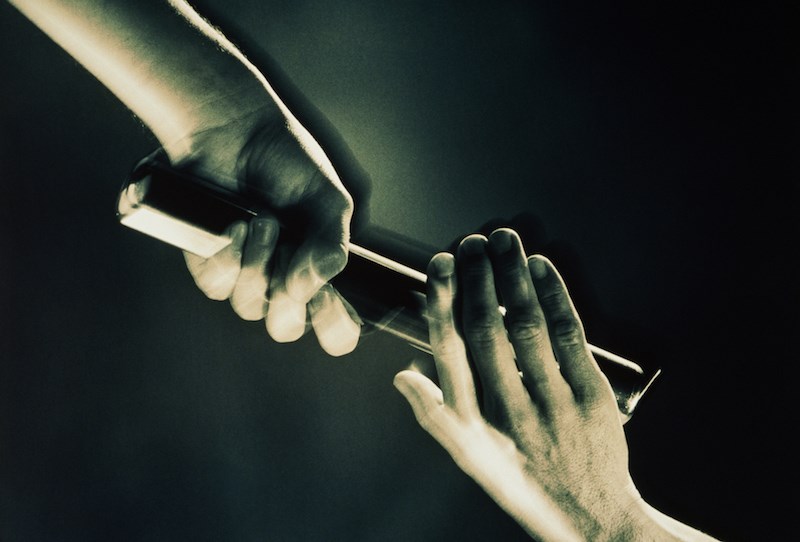In 2012, I experienced my first overdose. I’d been using drugs for nearly three decades, but never before had I overdosed. It was an early warning sign of the wave of fentanyl that was just then starting to hit the streets. Because of fentanyl, my first overdose wouldn’t be my last. Not even close.
Over the next year, I overdosed five more times. One of those times was at Insite, the harm reduction site where injection drug use is supervised by a nurse. I was dead for almost seven minutes. I remember waking up – having been revived by the attending nurse – sobbing and telling her that I didn’t want to use drugs anymore. She had brought me back to life and then laid out the options for me on where I could go next if no longer using was what I wanted.
Recovery from my drug use wasn’t a straight path for me, though. Every time I tried to stop, I eventually started using drugs again. I would find my way back to Insite. The staff didn’t judge me, they would just say, “Next time, you’ll succeed,” knowing that my desire was to stop using drugs but understanding how hard that is. After a while, I would find my way back to treatment – and be welcomed back there, too.
It was a pattern that repeated itself over and over again. For me, this is how harm reduction and recovery work together. Because addiction is a relapsing condition, they need to work hand-in-hand. Picture a relay race where the baton is passed between runners. All are on the same team racing towards the same goal. In this case, to save lives by being an option to help someone on their path to wellness.
Unfortunately, that’s not how it always works. How we approach substance use and addiction is too often polarized. Some don’t believe recovery works for everyone, so they don’t offer it to anyone. Others think harm reduction enables substance use, rather than keeping people alive so they can find their path. This arguing over what is best hurts the person who needs help. We don't have to agree on everything, but we should agree that whatever the person needs and wants is what’s right for them.
Every day I meet people who want to stop using or want to reduce their drug use. I support them and their choices. If they’re going to keep using, I point them to harm reduction so they can use safely. If they want to stop, I try to connect them to a treatment facility that fits their needs. I don’t support harm reduction over recovery, or recovery over harm reduction. I support people. I support people by giving them all the options to choose from and letting them decide what’s best for them.
What was best for me was to stop using drugs. This is what recovery was and is for me. If someone would have told me I couldn't stop using drugs, I would have eventually ended my life. There would have been nothing for me to hope for as an alternative to my addiction.
Abstinence isn’t how everyone defines recovery, though, and that’s okay. What recovery looks like depends on that person and what their goals are.
To make recovery possible, regardless of how it looks for that individual, we have to help them take that first step. That first step is always the hardest, but it doesn’t have to be that way. If we can get harm reduction and recovery working together, that first step can be much easier to take.
Every morning outside of Insite there are two lines waiting for the facility to open: one to inject drugs under supervision and one to go into detox at Onsite. Both lines are always long. That says to me that people want to find their recovery path, they just need support in finding their way.
Because others helped me along the way, I found my path. My addiction was a 24 hour a day, 7-day a week job. There was no room for anything or anybody else.
Recovery for me has meant being able to show up in other people’s lives and for things I never thought would be possible
for me.
I like to tell people that I wouldn't be alive without harm reduction and I wouldn't have the life I have without my recovery. Hand-in-hand, passing that baton.




